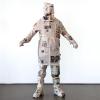Search Results
Showing results 61 to 80 of 129
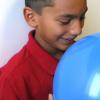
Exploring Size: Scented Balloons
Source Institutions
In this activity, learners use their sense of smell to explore the world on the nanoscale.
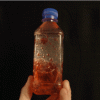
Why do Raindrops Sometimes Land Gently and Sometimes Land with a Splat?
Source Institutions
In this activity, learners examine raindrop bottles (prepared ahead of time) to observe in slow motion the behavior of falling droplets and explore concepts such as drag and terminal velocity.
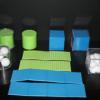
Volume, Mass, and Density Boxes
Source Institutions
This activity was designed for blind learners, but all types of learners can utilize it to investigate volume, mass, and density.
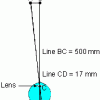
Measuring Your Blind Spot
Source Institutions
In this activity, learners calculate the width (horizontal diameter) of the blind spot on their retina. Learners make a blind spot tester using a piece of notebook paper.
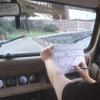
Highway Seismograph
Source Institutions
This is an activity that models the operation of a seismograph, a tool used to measure the size of earthquakes.

Ready, Set, Fizz!
Source Institutions
In this activity, learners explore the chemical reaction between water and effervescent antacid tablets. This hands-on activity models how a material can act differently when it's nanometer-sized.
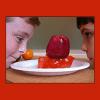
Space Jell-O
Source Institutions
Albert Einstein proved that space bends around anything that has mass. This activity uses Jell-O's ability to bend around objects as a model for space bending around planets and stars.
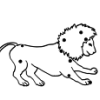
Modeling the Night Sky
Source Institutions
In this two-part activity, learners explore the Earth and Sun's positions in relation to the constellations of the ecliptic with a small model.
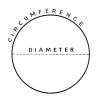
Pi Graph
Source Institutions
In this activity, learners use a straight line to learn about circles. Learners measure and record the diameter and circumference of different sized cylindrical objects on a chart.
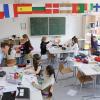
Mapping the Classroom
Source Institutions
In this activity, learners discover the importance of maps and scale as they work together to create a map of the classroom.

What is a Nanometer?
Source Institutions
This lesson focuses on how to measure at the nanoscale and provides learners with an understanding how small a nanometer really is.
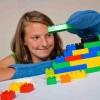
Exploring Tools: Mitten Challenge
Source Institutions
In this activity, learners build a LEGO® structure while wearing mittens. This activity shows learners how difficult it is to build small things when your tools are too big.
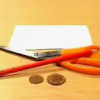
Shrinking Coin
Source Institutions
In this demonstration, learners attempt to get a large coin through a small hole, the size of a smaller coin.
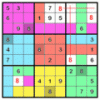
Color Sudoku
Source Institutions
The popular sudoku puzzles use numbers, but the game could played with any set of 9 different objects!
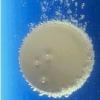
Exploring Properties: Surface Area
Source Institutions
This hands-on activity demonstrates how a material can act differently when it's nanometer-sized.

Lean, Mean Information Machine: Using a Simple Model to Learn about Chromosomal DNA
Source Institutions
Learners observe a model of a cell and its chromosomal DNA made from a plastic egg and dental floss. Use this model to illustrate how much DNA is held in one cell.
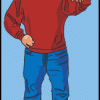
Meteoroids and the Craters They Make
Source Institutions
In this activity, learners investigate the formation of craters. Learners will examine how the size, angle and speed of a meteorite's impact affects the properties of craters.
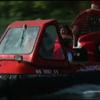
Balloon Hovercraft
Source Institutions
In this activity (on page 2 of the PDF under GPS: Luge Activity), learners will construct a model hovercraft out of an empty spool and a piece of cardboard.
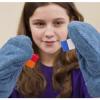
Mitten Challenge
Source Institutions
In this activity, learners try to put together toy bricks—wearing oven mitts on their hands! This activity shows learners how difficult it is to build small things when your tools are too big.

